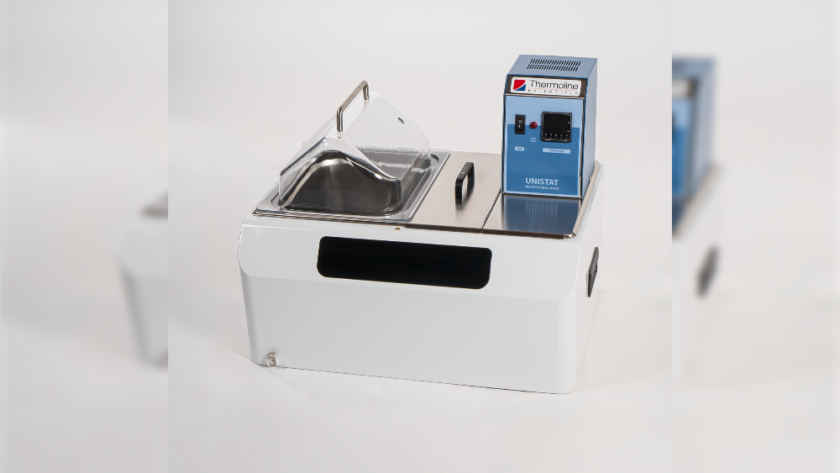Scientific research stands at the forefront of human progress, offering insights that drive innovation across various sectors. A pivotal tool in this quest for knowledge is the laboratory water bath. This instrument plays a crucial role in experiments, ensuring precise temperature control for a wide range of applications. This article delves into the mechanics, uses, and impacts of lab water baths on scientific research, highlighting their indispensable role in advancing understanding of the natural world.
Contents
The Essence of Laboratory Water Baths
Laboratory water baths are specialised equipment designed to maintain water at a specific temperature for an extended period. They consist of a heating unit, a digital or analogue interface for temperature control, and a water chamber. The precision of these instruments allows researchers to conduct experiments under optimal conditions, facilitating reactions or processes that require a stable temperature environment.
Versatility in Scientific Research
The application of laboratory baths spans multiple fields, including microbiology, molecular biology, and chemistry. They are essential for warming reagents, melting substrates, or incubating cultures at body temperature. The versatility of water baths makes them a staple in laboratories, proving their worth in routine and complex experimental setups.
Advancements in Temperature Control Technology
Over the years, the technology behind lab water baths has seen significant advancements. Modern units offer digital interfaces with precise temperature adjustments, timers, and safety features such as over-temperature protection. These improvements have enhanced the reliability and efficiency of water baths, enabling more sophisticated and sensitive experiments.
Impact on Research and Development
The precision and stability provided by scientific water baths have profoundly impacted research and development. In pharmaceuticals, they have accelerated drug discovery by ensuring optimal conditions for compound synthesis and testing.
In biology, they have facilitated the study of enzymes and proteins, allowing scientists to observe reactions at the molecular level. This precision has led to breakthroughs in understanding diseases and developing new treatments.
Sustainability and Efficiency
Recent trends in laboratory equipment design have emphasised sustainability and energy efficiency. Water baths are no exception, with newer models featuring eco-friendly options such as low-water-level detection and energy-saving modes. These features not only reduce the environmental impact but also cut down on operational costs, making scientific research more sustainable.
Enhancing Reproducibility in Experiments
One of the critical challenges in scientific research is ensuring the reproducibility of results. Scientific water baths contribute to this goal by providing a controlled experiment environment. This consistency is crucial for validating findings and advancing scientific knowledge. By eliminating variables associated with temperature fluctuations, water baths help solidify the credibility and reliability of experimental data.
Case Studies: Water Baths in Action
Numerous case studies highlight the transformative role of lab water baths in scientific research. For instance, in genetics, water baths have been instrumental in developing polymerase chain reaction (PCR) techniques, enabling the amplification of DNA segments.
This application has a ripple effect, impacting everything from forensic science to diagnosing genetic disorders. Another example can be found in materials science, where water baths are used to study the properties of polymers and composites under various thermal conditions. These studies have led to the development of new materials with applications in aerospace, construction, and electronics.
In conclusion, laboratory water bath is pivotal in the landscape of scientific research. Their ability to provide precise temperature control has revolutionised experiments across various disciplines. As technology advances, these instruments continue to evolve, offering improved efficiency, sustainability, and integration capabilities.
The impact of laboratory water baths on scientific research is undeniable, driving progress and innovation that contribute to our understanding of the world and the development of new technologies. Their role in shaping the future of science remains as significant as ever, underscoring the importance of this essential laboratory equipment.




